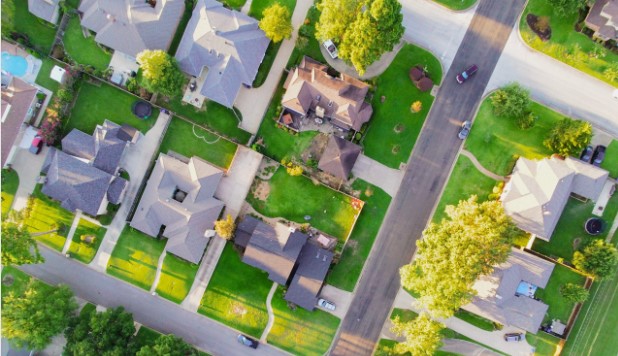6 Best Practices for Financial Planning in HOA Communities

Effective financial planning is the backbone of any successful Homeowners Association (HOA). It ensures that the community remains well-maintained, financially stable, and prepared for any unforeseen circumstances. In fact, proper financial management not only fosters trust among homeowners but also contributes to the overall value and appeal of the community. For proper and efficient financial planning in your community, it would be best to seek HOA management services from City Property Management.
This blog outlines six best practices for financial planning in HOA communities, providing actionable insights for board members and residents alike.
Establishing a Comprehensive Budget
The first step in financial planning for an HOA is to establish a comprehensive budget. This budget should account for all expected income and expenditures for the year. Key components include routine maintenance, administrative costs, utilities, insurance, and any planned community improvements.
Remember, involving both board members and homeowners in the budgeting process can provide a more accurate and inclusive financial plan. A well-structured budget acts as a roadmap, guiding the HOA in prioritizing expenses and managing resources effectively.
Maintaining a Reserve Fund
A reserve fund is crucial for handling major repairs and replacements, such as roofing, paving, and significant amenity upgrades. It’s important to conduct a reserve study to determine the appropriate amount of funds needed to cover these long-term projects. Regular contributions to the reserve fund should be included in the annual budget.
In fact, having a robust reserve fund not only ensures that the HOA can address large-scale maintenance issues without imposing special assessments but also provides financial stability that can attract prospective buyers to the community.
Regular Financial Audits and Reviews
Regular financial audits and reviews are essential for maintaining the financial health of an HOA. These audits should be conducted by an independent third-party auditor to ensure objectivity and accuracy. In addition, regular reviews will also help identify any discrepancies, inefficiencies, or areas where the HOA can improve its financial practices.
Conducting annual audits also provides transparency and accountability, reassuring homeowners that their dues are being managed responsibly and in the best interest of the community.
Read also: Discovering Realtor Madison, WI, With Sprinkman Real Estate
Transparent Communication with Homeowners
Transparent communication with homeowners is a cornerstone of effective financial planning. In fact, keeping residents informed about the HOA’s financial status, upcoming expenses, and any changes to dues fosters trust and collaboration. Regular financial reports, newsletters, and open board meetings can also help maintain this transparency.
When homeowners understand how their dues are being utilized and feel included in the decision-making process, they are more likely to support the HOA’s financial initiatives and contribute positively to the community.
Planning for Future Projects and Contingencies
Proactive planning for future projects and contingencies is vital for the long-term success of an HOA. This involves forecasting future maintenance needs, potential upgrades, and any unforeseen expenses. In fact, developing a long-term financial plan that includes these projections also helps the HOA prepare for the future without compromising current financial stability.
Allocating funds for future projects also ensures that the community can continue to enhance its amenities and infrastructure, maintaining its appeal and property values over time.
Conclusion
Effective financial planning in HOA communities is essential for ensuring a well-maintained, financially stable, and attractive living environment. By establishing a comprehensive budget and planning for future projects, HOAs can create a sustainable financial strategy that benefits all residents.
In fact, implementing these practices not only enhances the community’s appeal but also builds trust and cooperation among homeowners, ultimately contributing to higher property values and a thriving neighborhood.




